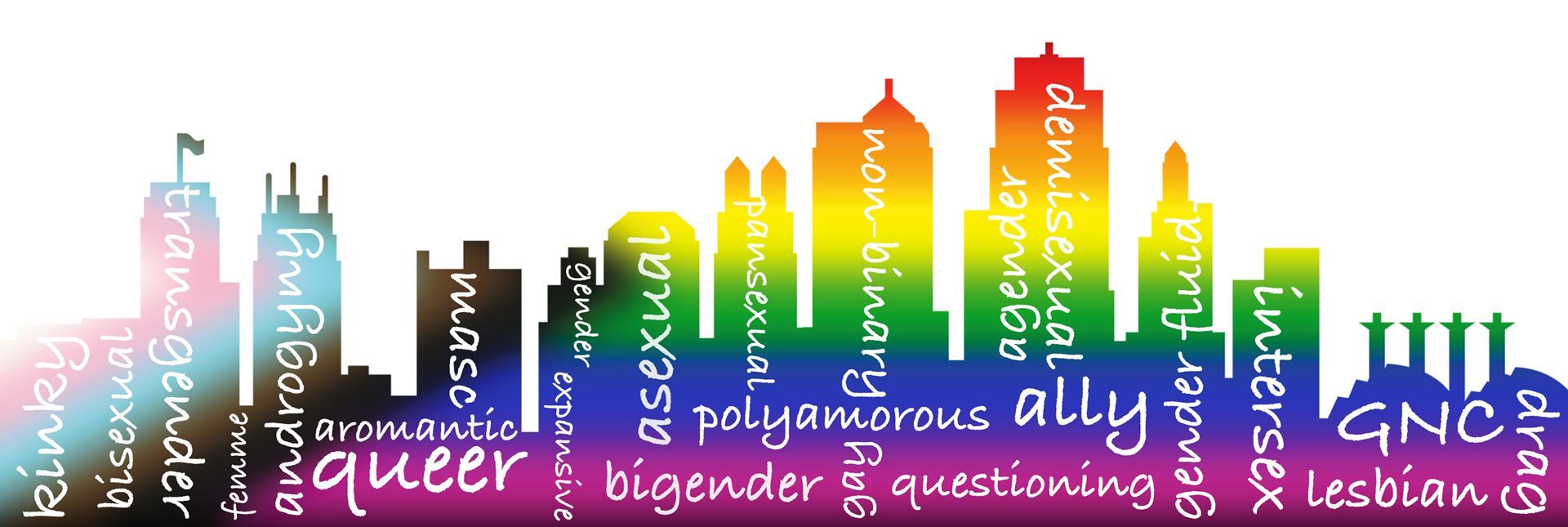Identity Gaps in LGBTQIA+ Communities
2 CEs
April 21st 12:00-2:00pm
Online, synchronous, via Zoom
Identity formation is a key developmental process for all individuals, but has special significance for LGBTQIA+ people. Questioning sexuality or gender is often a reason for seeking psychotherapy. A lack of coherent identity can impact a person’s relationships, mood, and occupation in a variety of ways and therapists can work to help clients of all sexualities and genders develop a solid sense of self. The Spectrums Model of Sex, Gender, and Sexuality SMSGS-6) conceptualizes identity development across sexuality and gender as having multiple layers: physical, essentialist, socially constructed, enacted, relational and communal. In turn, these identities span multiple domains: sex, gender, sexuality, romanticism, sexual bonding/relationship style, romantic bonding/relationship style, and eroticism. When conflict between two aspects of identity exist across layers or domains, it is called an identity gap and can cause intense psychological distress (Jung & Hect, 2004). Identity gaps can be a contributing factor to anxiety, depression, and other common clinical considerations with LGBTQIA+ clients; addressing these gaps effectively can be a helpful tool for clinicians. In this course, we will explore how this model can be utilized in clinical practice to help clients who are questioning their identities, clients who are dealing with internal or external conflicts related to their identities, or how identity gaps may drive medical transition.
Learning Objectives:
- Utilize the SMSGS-6 as a clinical tool with LGBTQIA+ clients
- Describe at least 2 identity gaps that may occur in LGBTQIA+ communities
- Describe at least 2 identity gaps that may be a motivating factor for medical transition
Bio:
Cadyn Cathers, PsyD (he, him, his) has been teaching courses on human sexuality, psychotherapy with LGBTQIA+ communities, and psychodynamic theory for over 10 years. He is the founder and CEO of The Affirmative Couch, which provides online continuing education on clinical work with LGBTQIA+, CNM, and kink communities. He serves as adjunct faculty at Antioch University Los Angeles in the LGBT Specialization, Pacifica Graduate Institute, and Reiss-Davis Graduate School. He is a licensed psychologist in private practice where he focuses on psychoanalytic psychotherapy with transgender and nonbinary patients.
